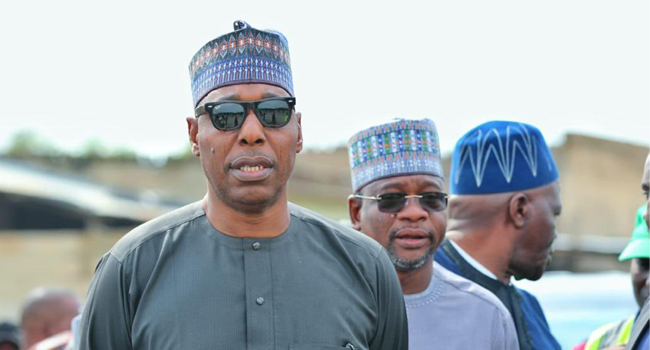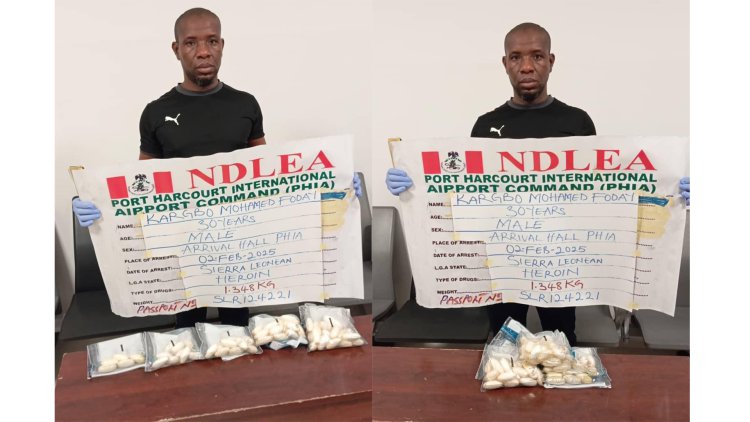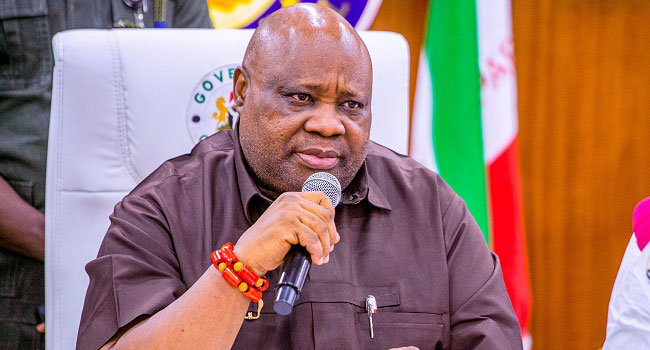Professor Babagana Zulum has voiced regret over the failure of his administration to facilitate the relocation of refugees and internally displaced persons (IDPs) back to their host communities. He attributes this inability to the security challenges stemming from the change of government in Niger Republic. Instead, his administration is focusing on providing alternative relief to the displaced individuals by empowering them through agricultural and technical assistance to sustain themselves while in temporary camps.
During a working tour to Damasak, the headquarters of Mobbar Local Government Area (LGA) situated at the border of Nigeria and Niger Republic, the Borno State Governor emphasized the utilization of agricultural resources in the Lake Chad Basin community to offer livelihood opportunities to the populace. Damasak, located ten kilometers from Diffa Province in Niger Republic along the banks of Lake Chad, serves as a hub for agricultural, fishing, and pastoral activities due to its strategic location.
Mobbar LGA, like many others on the fringes of Lake Chad, faced temporary displacement by Boko Haram terrorists but was subsequently restored by the Nigerian military. However, Damasak’s status as a focal point for various activities has led to overcrowding, stretching facilities and infrastructure in the camps.
Expressing concerns about the population density, Professor Zulum elaborated on government initiatives aimed at addressing the situation. Returnee refugees shared their experiences, highlighting the challenges they faced in Niger Republic and their decision to seek refuge in Damasak for survival.
Governor Zulum, alongside Usman Moruma, a member of the Borno State House of Assembly, supervised the distribution of relief materials to returning refugees. Subsequently, the governor monitored the socioeconomic activities of the town and the resettlement process in a convoy.
- 08045674546
- info@mediaplusng.com
- Lagos, Nigeria




